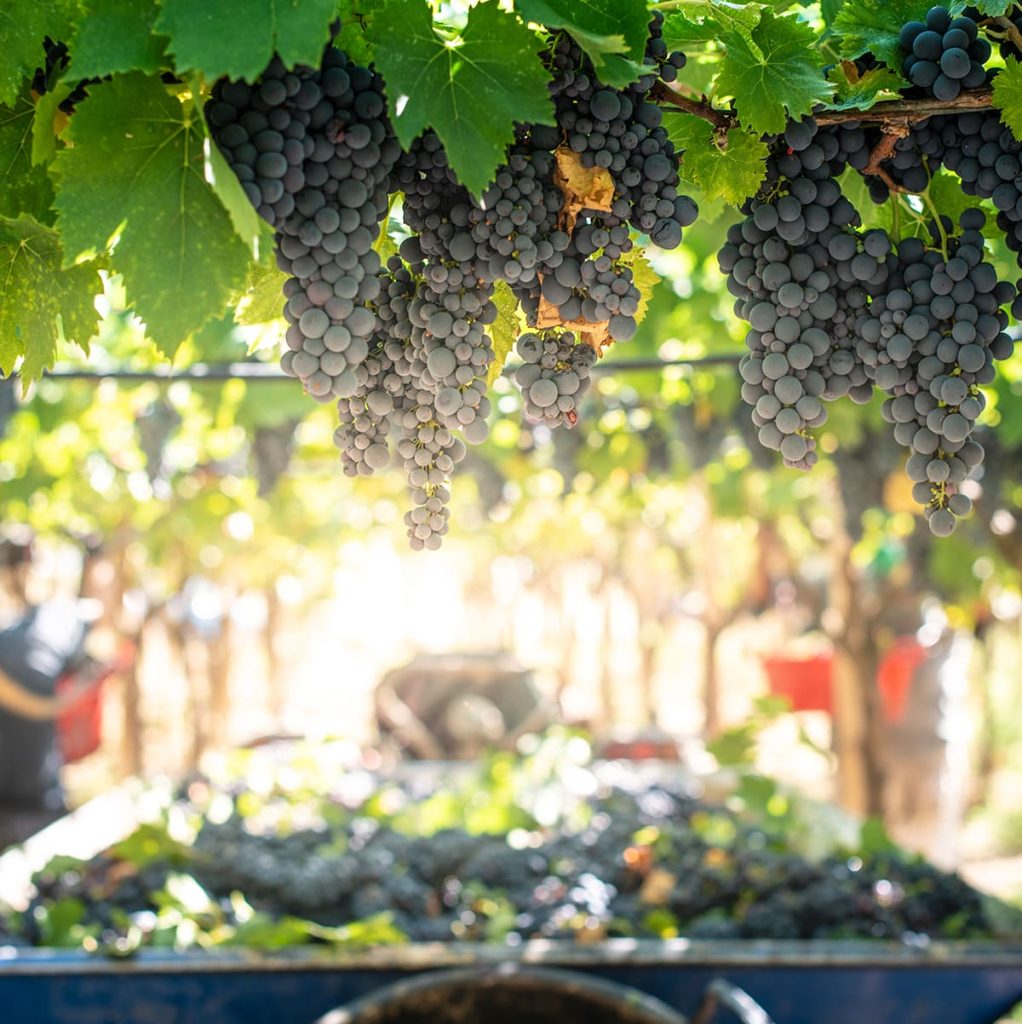Though the term is widely used, “natural wine” does not formally exist, as no legal definition had been enacted anywhere in the world. A topic of passion and discord for decades among winemakers and consumers, the category is finally about to receive its first authorized designation, in France, under the terminology Vin Méthode Nature (Natural Method Wine).
This is a key evolution for a growing segment of the wine industry. The use of the word naturel (natural) has been forbidden by current European legislation and has led to prosecution (the only exception being the grandfathered Vin Doux Naturel, a designation for sweet wines).


As of press time, “Vin Méthode Nature” is still only a private trademark designed by the Syndicat de Défense des Vins Nature’l. Three producers, Gilles Azzoni, Jacques Carroget and Sébastien David, created the syndicate in October 2019, after David lost a legal battle and was ordered to destroy one of his cuvées, Coëf, due to an excess level of volatile acidity. They consider the syndicate a trade union, and not a simple association like the historical ones such as AVN (Association des Vins Naturels) or SAINS (Vins Sans Aucun Intrant Ni Sulfite (ajouté)). This choice of structure gives them a more legitimate voice in negotiation with the French authorities. As opposed to original groups of influence consisting only of producers, this union’s board members are a diverse collection of wine professionals and amateurs, including lawyer Eric Morain (who famously defended vigneron Alexandre Bain in Pouilly-Fumé), journalist Antonin Iommi-Amunategui, retailer Guillaume Petit de la Perrelle and anthropologist Christelle Pineau (who dedicated her PhD to natural wines). The goal is to build a large following and develop some political clout. One of the reasons previous official attempts at reform were dismissed was that the groups advocating change were small; AVN and SAINS never numbered more than a hundred members.
Jacques Carroget is one of three vignerons who created the Syndicat de Défense des Vins Nature’l, the holder of the trademark “Vin Méthode Nature.”Jacques Carroget is one of three vignerons who created the Syndicat de Défense des Vins Nature’l, the holder of the trademark “Vin Méthode Nature.”The mission of the syndicate is to legally defend the idea of Vin Méthode Nature, to communicate its charter and to build a community of like-minded people. Presented for approval by the members last February during La Levée, the alternative organic-biodynamic wine fair of Le Salon des Vins de Loire, this charter is the spine of Vin Méthode Nature, and may evolve in the future. The current mission statement covers 12 points that must be respected to claim the label. Seven are dedicated to viticulture and winemaking: Grapes must come from vineyards certified organic by Agriculture Biologique or Nature & Progrès, or from vineyards in conversion for at least two years. Harvest must be manual. No additives can be used during vinification. Fermentations are spontaneous. “Brutal” techniques, such as cross-flow filtration, flash pasteurization, thermovinification and reverse osmosis are forbidden, as is any modification of the grape’s constitution (acidification, etc.). Small additions of sulfites (up to 30 ppm) are permitted, leading to two distinctive logos to differentiate no-sulfite wines from those with added post-fermentation sulfites. Analysis by the Frantz Paul method (the only technique recognized by the International Organization of Vine & Wine) is requested.
Other points specify the use of the group’s logo in marketing. By December of each year, producers will submit a list of cuvées to be approved. To protect the consumer, cuvées not falling under the method will have to be marketed differently. Random checks will take place throughout the year. The commitment is made in good faith, as the union wants to hold to the ethics of the natural wine movement—the charter doesn’t define any winemaking style, nor is it a quality-control structure with tasting panels, as practised by France’s AOCs.
In March 2020, subject to a three-year trial period, the labelling got its first thumbs-up from the DGCCRF (the French Fraud Control Office); before the approval of this charter, the term “natural” on a wine label was grounds to indict a winemaker for fraud. The labelling also has been presented to other wine trade unions: the CNAOC, Vins IGP, the organic associations FNAB and France Vin Bio and the union of cooperatives. The Vin Méthode Nature union is also working on a task force with France’s INAO and the Ministry of Agriculture to make the label officially legal.
Currently, the syndicate numbers more than 200 members, mostly French, along with some Swiss winemakers. To date, 60 cuvées from the 2019 vintage received the labelling, all of them from France, the only country to recognize the designation. However, the union’s goal is to gain approval for the seal at the European level within the next five years.

















